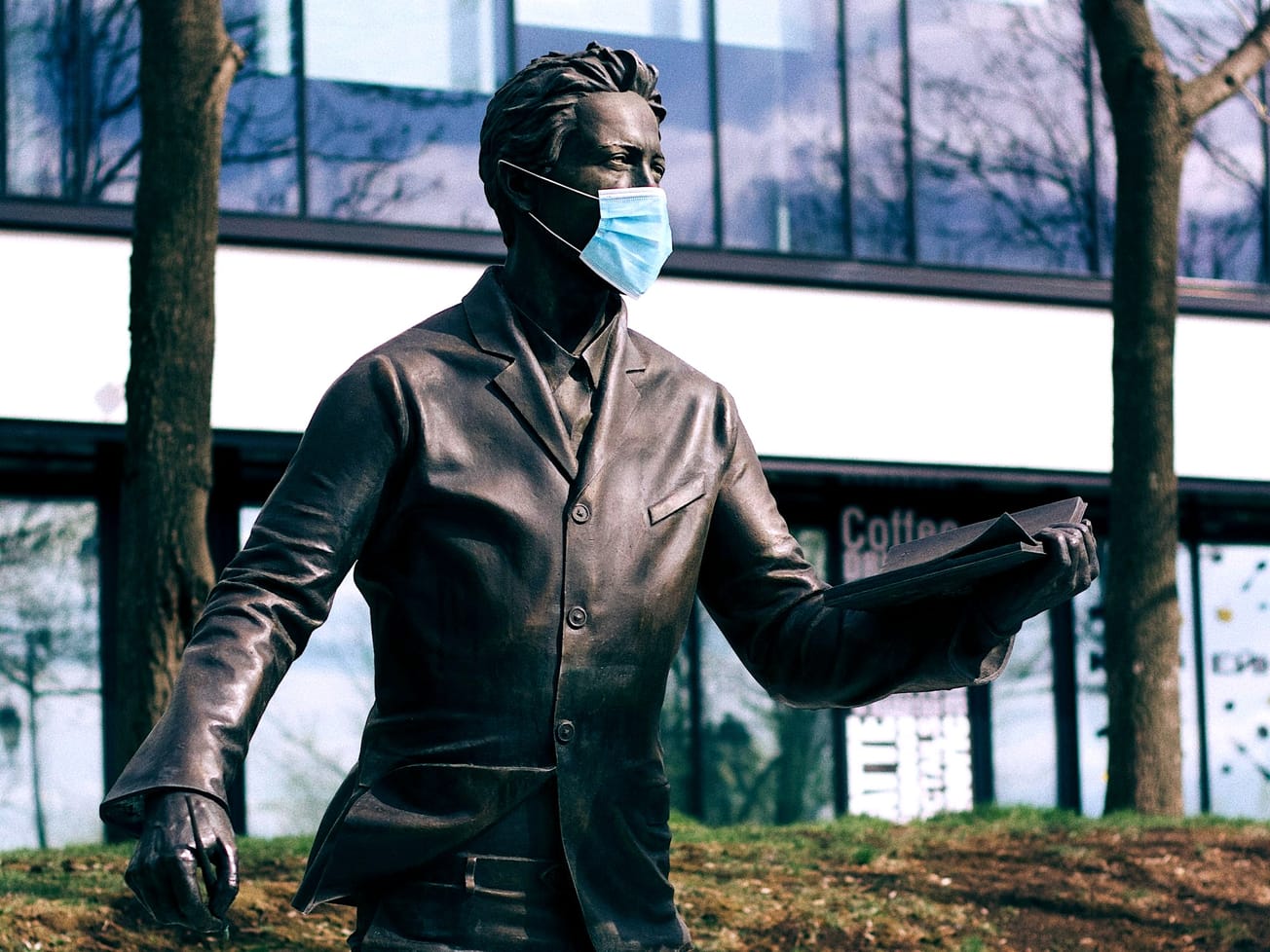GENEVA (AN) — Negotiators are under pressure at their ninth round of talks on a proposed global pandemic treaty: the deadline for gaining its approval from the 194-nation World Health Assembly is two months away.
The latest round of talks opened on Monday as part of the Intergovernmental Negotiating Body created by the World Health Organization in Dec. 2021, after the COVID-19 pandemic had nearly reached the two-year mark.







